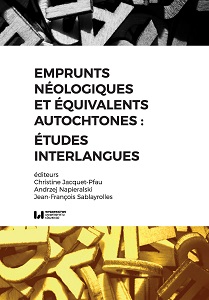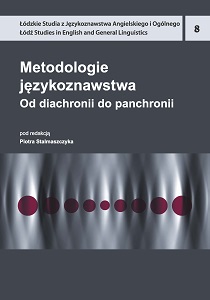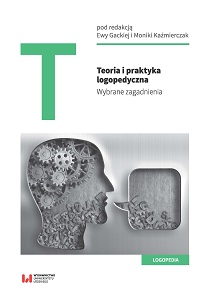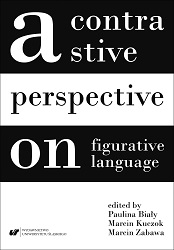
Les emprunts néologiques et les stratégies de glose : essai de catégorisation
This research is part of the “Neoveille” project, aiming at detecting and analysing neologisms in seven languages. We explore the different types of glosses on new loanwords in the French journalistic discourse. It is commonly assumed that loanwords are words that are more likely to be used along with explanations in the French language. Following this assumption, we suggest that journalists may resort to various ways to provide information aimed at explaining the meaning of the foreign signs they use. We also expect these explanations to vary in accordance with the nature of the foreign element. We can suppose that the use of words referring to foreign realias, also known in French as xenismes, gives rise to metalinguistic comments and to further explanations whereas using a loanword involves giving a French equivalent. // Cette contribution s’inscrit dans le cadre du projet « Neoveille, reperage, analyse et suivi des neologismes en sept langues ». Nous proposons d’examiner les differents types de gloses portant sur les emprunts neologiques dans le discours de la presse francaise. Il est generalement admis que les emprunts figurent parmi les mots les plus susceptibles d’etre accompagnes d’explicitations. Ainsi, on peut supposer que les journalistes deploient differents moyens pour apporter des informations pouvant faciliter la comprehension du mot etranger utilise. On s’attend egalement a observer une certaine variation de ces gloses en fonction de la nature du mot etranger. Les mots designant des realites etrangeres non importees, appeles communement des xenismes, seraient ainsi accompagnes d’explications developpees tandis que l’emploi d’un emprunt impliquerait celui d’un equivalent francais.
More...


